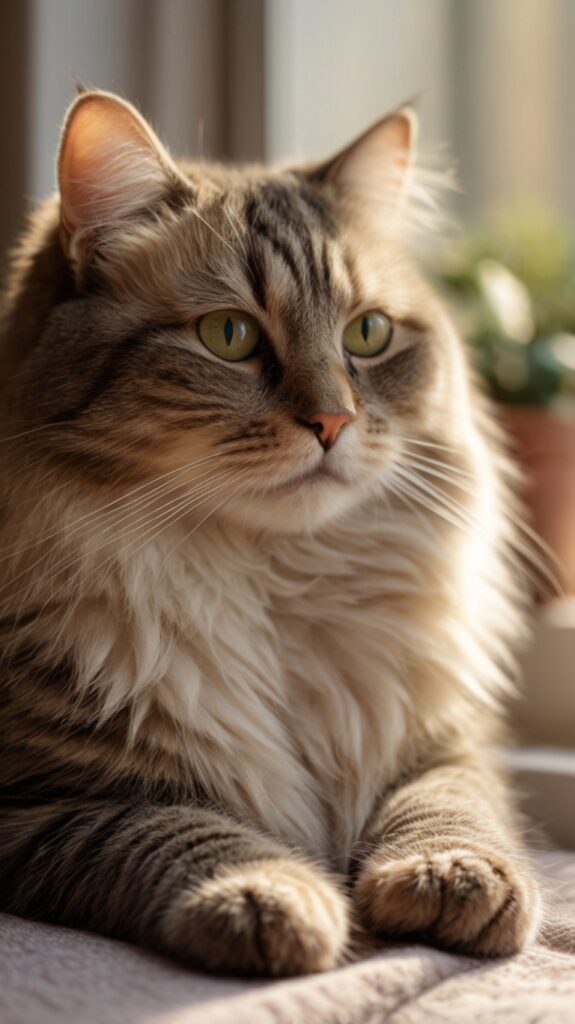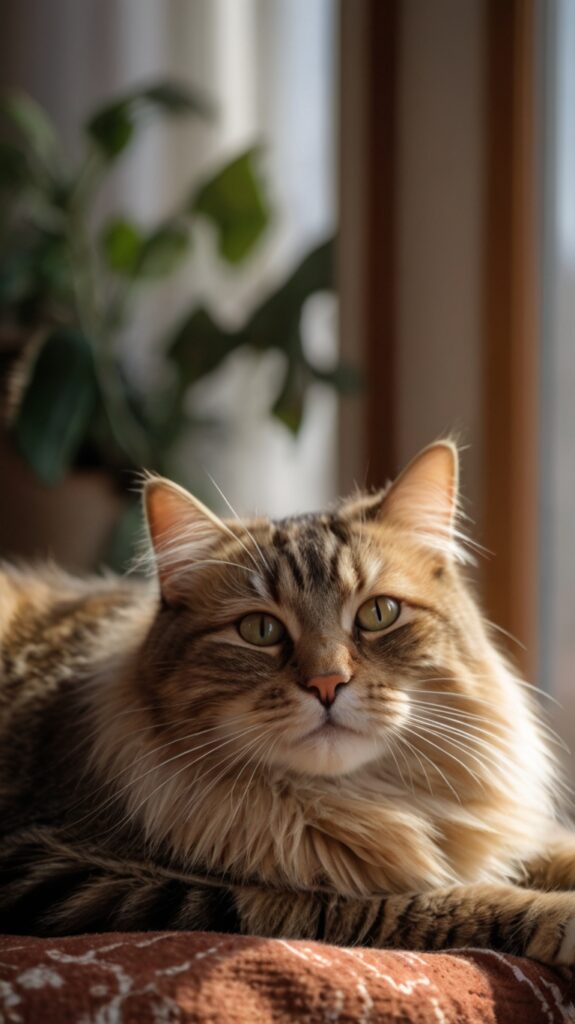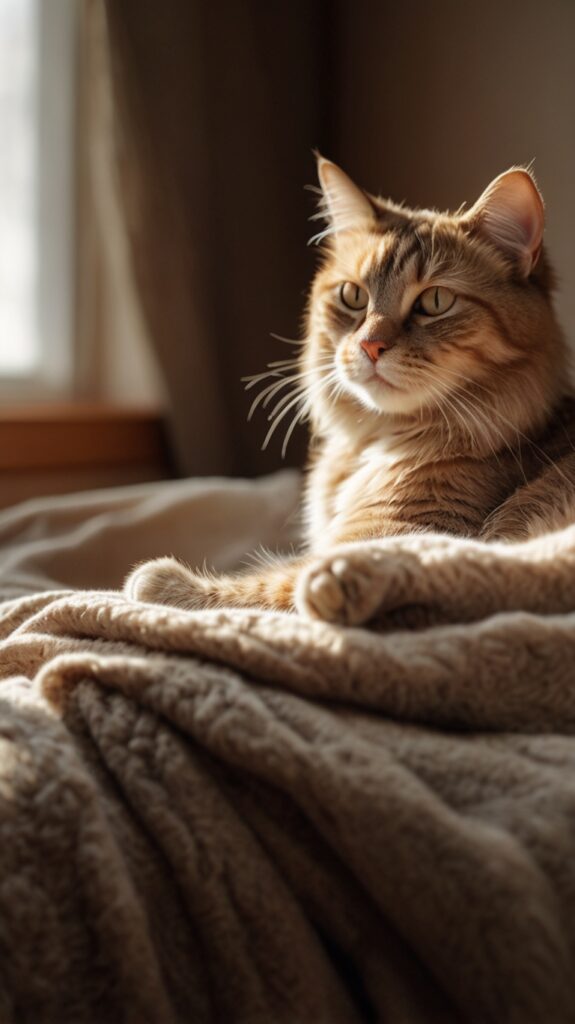How to Care for Older Cats: Essential Tips for Senior Cat Health

As our beloved cats age, their needs and behaviors change, often requiring extra care and attention. Older cats can be just as joyful and playful, but understanding how to care for senior cats helps ensure their golden years are comfortable and full of love. In this guide, we’ll cover key tips for caring for older cats, from understanding their needs to providing the best diet and environment.
Understanding the Needs of Senior Cats
Older cats, typically those aged seven and up, may experience gradual changes in health, energy levels, and mobility. You might notice more napping, changes in appetite, or even shifts in behavior. Recognizing these adjustments is essential for keeping senior cats healthy and happy.
Key Signs of Aging in Cats:
- Increased sleep or changes in sleeping patterns
- Decreased energy or reluctance to jump or climb
- Changes in weight, either gaining or losing
- Behavioral shifts, such as being more withdrawn or seeking more comfort
Common Health Issues in Older Cats

Senior cats are prone to specific health concerns, making regular vet visits crucial. Early detection can significantly impact a cat’s quality of life, so being vigilant about their health is key.
Senior Cat Health Tips:
- Arthritis: Joint stiffness or difficulty moving may indicate arthritis, a common issue for older cats. Provide soft bedding and ramps or steps to help them access their favorite spots.
- Kidney Disease: Kidney function often declines with age. Watching for increased thirst or changes in urination can help you catch signs early.
- Dental Problems: Regular dental check-ups are crucial, as tooth decay or gum disease can lead to discomfort or eating problems.
- Weight Management: Older cats may gain or lose weight. Maintaining a healthy weight with appropriate food is essential for senior cat health.
Best Diet for Senior Cats
As cats age, their nutritional needs change, and feeding the right diet can make a significant difference in their energy and overall well-being. Consult your vet for specific diet recommendations, as each cat’s needs may vary.
Diet Tips for Older Cats:
- Higher Quality Protein: Senior cats often need easily digestible proteins to maintain muscle mass without overtaxing their kidneys.
- Moisture-Rich Food: Wet food or a mix of wet and dry food can help keep them hydrated and support kidney function.
- Controlled Calories: Senior cats tend to be less active, so feeding a calorie-controlled diet can prevent weight gain.
- Supplements: Omega-3 fatty acids or joint supplements may be beneficial, especially if your cat has arthritis or joint issues.
Keeping Senior Cats Active and Comfortable
While older cats may slow down, keeping them engaged and active helps maintain their health. A mix of gentle exercise, mental stimulation, and cozy rest areas can make a big difference.
Exercise for Senior Cats:
- Gentle Play: Try toys that encourage movement without too much jumping or strenuous effort, like feather wands or rolling balls.
- Daily Routine: Keeping a consistent playtime schedule can give them something to look forward to and prevent them from becoming too sedentary.
Comfort Tips:
- Soft, Warm Beds: Cats love warmth, so provide beds that are soft, cozy, and positioned away from drafts.
- Accessible Spaces: Use ramps or low steps to help them reach their favorite places, reducing the need for jumping.
Tips for Creating a Senior Cat-Friendly Environment

Adjusting your home environment to suit your senior cat’s needs can be incredibly beneficial. Simple modifications can improve their daily comfort and reduce stress.
Creating a Senior Cat-Friendly Space:
- Easy Access to Essentials: Place food, water, and litter boxes in easily accessible areas, especially if they have mobility issues.
- Multiple Litter Boxes: If you live in a multi-level home, consider setting up a litter box on each floor to minimize strain on their joints.
- Quiet, Calm Spaces: Senior cats may appreciate quieter areas where they can retreat and rest without being disturbed.
Final Thoughts
Caring for older cats is all about empathy, observation, and small adjustments that make a big difference in their well-being. By understanding the signs of aging, providing a suitable diet, maintaining gentle exercise, and creating a senior-friendly environment, you’re setting your cat up for a comfortable and happy life well into their senior years. Remember, a little extra attention goes a long way in ensuring our beloved feline friends feel loved and cherished through every stage of life.
With these tips, you’ll be well-equipped to give your senior cat the quality care they deserve, keeping them comfortable, healthy, and content in their golden years.
